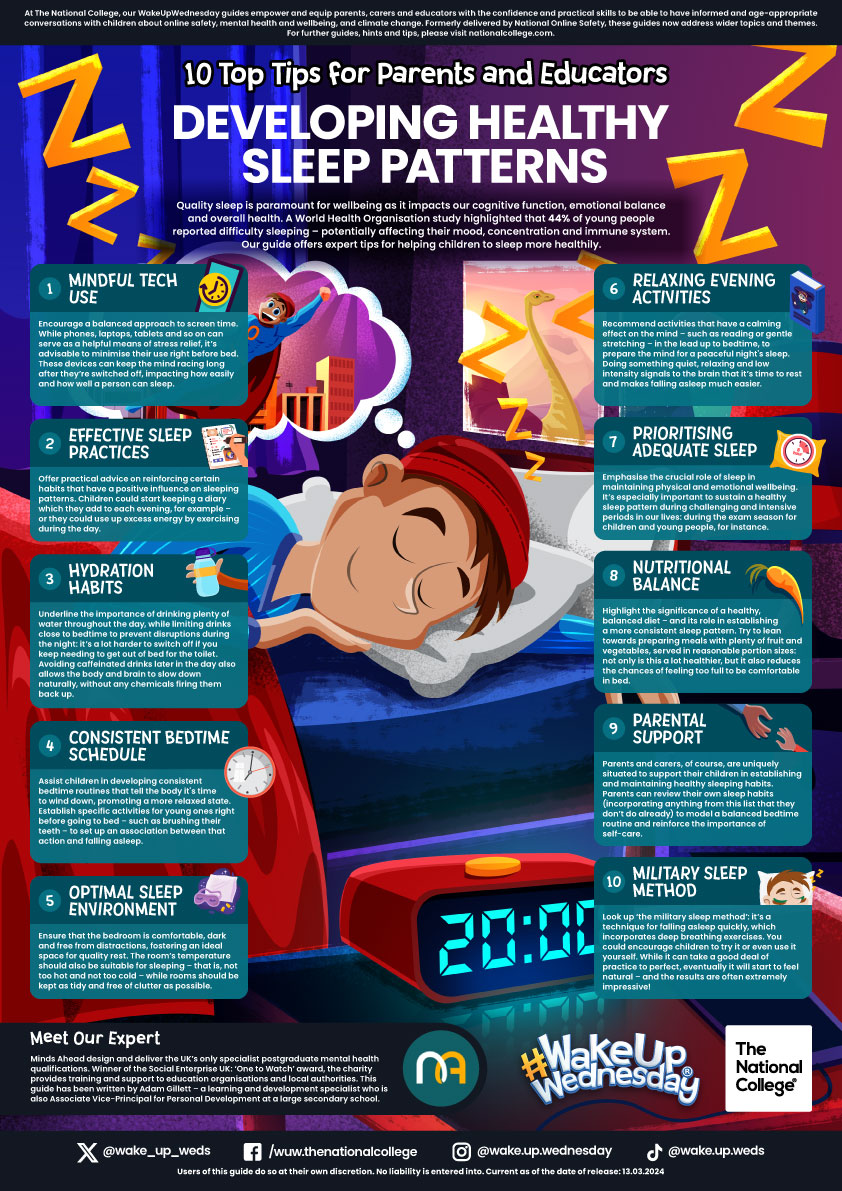Please find attached information with regard to the and the use of the Arbor App for payments and communication from school.

Around one in five headlines online are clickbait. That’s an estimate from experts at Stanford University, who conducted a study into this phenomenon which has gradually extended its reach to almost every corner of the internet – powered by a strategy of snagging users’ attention by any means necessary rather than a legitimate desire to inform or enlighten.
As that statistic indicates, this manipulative marketing strategy is difficult to avoid online. There’s still plenty that can be done though to limit its influence – especially in relation to young people, who are often more susceptible to sensationalist headlines. Today’s #WakeUpWednesday guide details the potential hazards around clickbait and has expert tips for avoiding them.
This week’s Learn>Revise>Test focus is Mind Maps.
For more revision techniques, please check out https://sites.google.com/dukes.ncea.org.uk/learnrevisetest/revise
Children can often be guarded about their emotions or any difficulties they’re experiencing This reticence can extend to chats with their parents. A study by the Office for National Statistics found that 64% of children reported regularly talking to their mum about “things that matter”, and even fewer (45%) held conversations of the same kind with their dad.
It’s incredibly important, of course, for young people to have someone to confide in when they’re confused, upset or unsure of themselves – and to know that they can do so without fear of being judged or punished. This week, our #WakeUpWednesday guide explores how to encourage open and honest discussions with children, empowering them to open up if they need help.


Dreaming of a decent night’s sleep? Many of us are – and it’s a particularly pervasive problem for young people. Concerningly, research has suggested that around 70% of teens get less than the recommended 8–10 hours’ sleep per night. The effects of poor-quality sleep on a developing mind, of course, can be harmful over a prolonged period.
Although a significant portion of under-18s struggle for shut eye, there is still plenty we can do to support them in getting the beneficial rest they need during those formative years. Compiled in conjunction with our friends at award-winning mental health charity Minds Ahead, this week’s #WakeUpWednesday guide has tips on helping children to develop healthy sleeping habits.

Young Carers Action Day: 13th March 2024
Young Carers Action Day is an annual event organised by Carers Trust to raise awareness of the pressures placed on so many young people. This year’s theme is; ‘Fair Futures For Young Carers’, highlighting how young and young adult carers are significantly less likely to undertake higher education or enter employment than their peers without a caring responsibility.
A day in the life of a young carer – BBC News – YouTube

